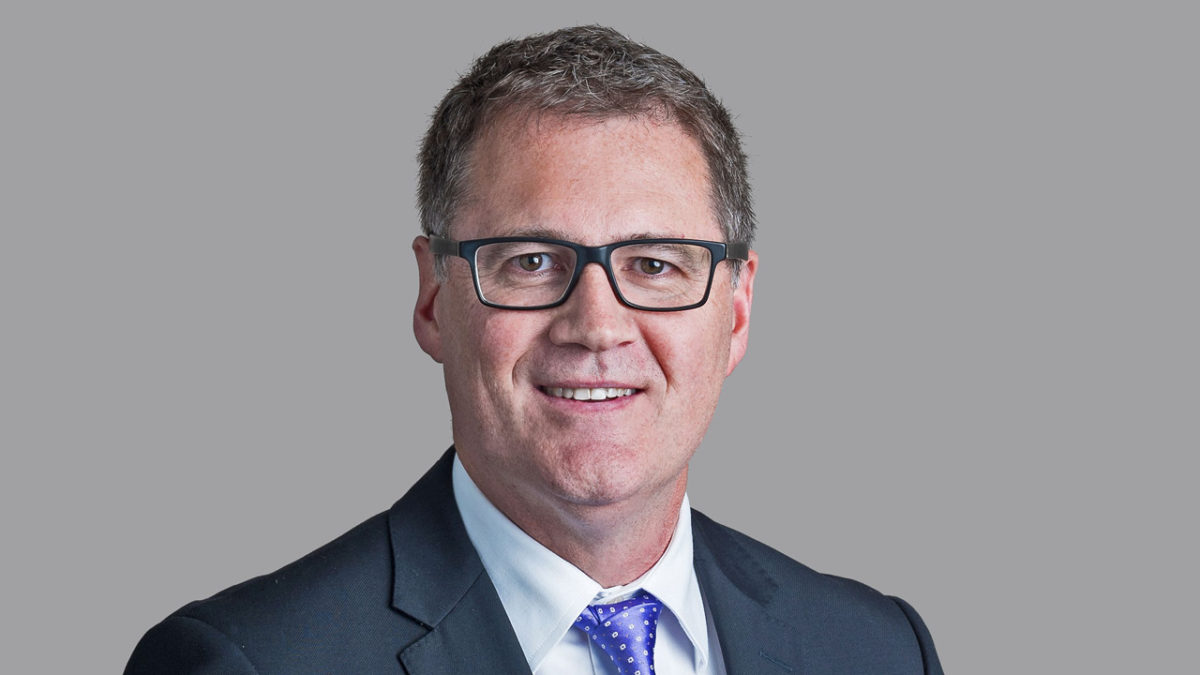Adviser decline approaches crisis point
The decline in the total number of qualified financial advisers accelerated towards the end of last year, at a time when the Government and advice industry itself are grappling to produce more affordable advice for the general population.
The December quarter’s report from Adviser Ratings, published last week (February 3), indicates an industry sector approaching a crisis point. In the past two years, 8,000 licensed advisers have left the industry, leaving a total of 20,715 as at the end of December, 2020.
The December quarter decline of 2.0 per cent, on a sequential basis, followed a 1.2 per cent decline in the September quarter, which was the smallest shrinkage since the great adviser drain commenced at the end of 2018. The December numbers represented the second-smallest decline.
Mark Hoven, chief executive of Adviser Ratings, however, was able to see some silver linings in the data, with an expectation of an improved revenue environment ahead for the remaining adviser population and continued growth in the number of advisers reaching the new education standards required.
He said: “With the continued shrinking of the total adviser pool, and plenty of real-life examples of businesses collapsing and increased mental health pressures including extreme cases of suicide, it is easy to be gloomy about prospects for the industry. Of course, our human tendencies fuelled by the persistent news cycle also tends to maximise the negatives.
“However, results from two survey run by Adviser Ratings over the last two months brings some hope. Together, they identify a core of advisers that are excited and motivated about what the future brings. In the first survey of 1,000-plus advisers, 75 per cent had already completed or were waiting for their results from the FASEA exam, compared to 52 per cent industry-wide.
“Even more encouragingly, 63 per cent of surveyed advisers were expecting to achieve the necessary tertiary qualifications within the next two years, which is three years ahead of the January 2026 regulatory deadline.”
The report, written by Hoven and econometrician Pena McGough, says that a second survey of more than 500 practice owners in the same period identified 65 per cent who were growing their customer books, and 55 per cent who expected to grow adviser numbers either organically or through acquisition.
“Anecdotally, consumer demand is also increasing, fuelled by a combination of financial stress from COVID-19, improved awareness from the Government’s early access to super program, and through a greater variety of channels offering help, including expanding super fund advice programs and the emerging digital finance tools sector. As we have said before, an imbalance between demand and supply augers well for financial advisers who choose to stay,” the report says.
There was also a reduction in the number of advisers switching their licensees, indicating better stability and comfort levels by the people at the coal face. In the past three months, 511 advisers, representing a 9.7 per cent annualised figure, switched licensees, which was comfortably the lowest rate seen in the last two years.
The report says: “The major adviser purges from AMP and ANZ from earlier in 2020 have potentially flared out, although we anticipate seeing more IOOF-MLC departures in [the March quarter] of 2021 as negotiations on stay versus go are concluded.”
In their previous report, for the September period, the researchers noted that moves by the Government and ASIC to drive the industry towards helping more Australians with their financial needs had continued. Last April, for instance, ASIC commenced with caps on limited advice fees for early super access and loosened rules for non-licensed accountants and tax agents to service those consumers seeking to withdraw up to $20,000 of their super balances under the scheme.
In the September quarter, there had been a “substantial increase in the narrative, coming from all corners of the industry”, to reduce compliance red tape to lower the cost of advice and simplify requirements for providing limited advice. Senator Hume, the minister for superannuation, and ASIC, the FSC and Rice Warner, as well as the major advice and accounting associations all contributed to a generally constructive discussion with a variety of models and solutions presented, Hoven said.
“Nevertheless, there is unlikely to be material change for the immediate future until some of the ‘blockers’ to advice simplification that are routinely mentioned are addressed, including current requirements under best interest duty and the FASEA code.”











